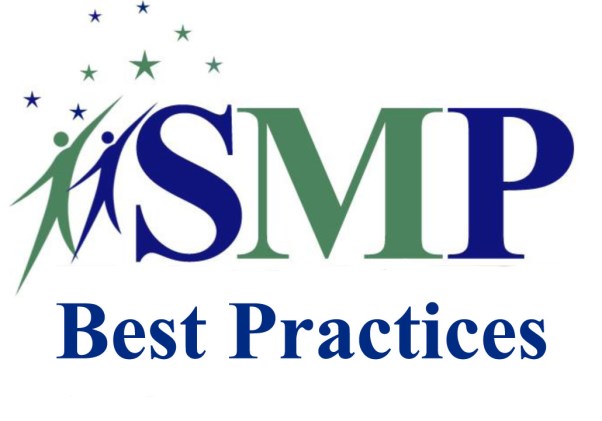 By Kevin Brown, Wisconsin SMP Project Director May 2015
By Kevin Brown, Wisconsin SMP Project Director May 2015
| On March 19, 2015 U.S. Attorney General Eric Holder and Health & Human Services (HHS) Secretary Sylvia Burwell released a new report showing that for every dollar spent on health care-related fraud and abuse investigations in the last three years, the government recovered $7.70. This is the third-highest return on investment in the history of the Health Care Fraud and Abuse (HCFAC) Program, a joint Justice Department and HHS effort initiated in 1997 to coordinate federal, state, and local law enforcement activities to fight health care fraud and abuse.The two Obama Administration officials announced that the government had recovered $3.3 billion in taxpayer dollars in Fiscal Year 2014 from individuals and companies that attempted to defraud federal health programs. Attorney General Holder said, “The extraordinary return on investment we’ve obtained speaks to the skill, the tenacity, and the inspiring success of the hardworking men and women fighting on behalf of the American people. And with these outstanding results, we are sending the unmistakable message that we will not waver in our mission to pursue fraud, to protect vulnerable communities, and to preserve the public trust.”More than two pages of the Health Care Fraud and Abuse Control Program Annual Report for Fiscal Year 2014 are devoted to the activities and accomplishments of the Senior Medicare Patrol (SMP) program. The report notes that the 54 SMP projects across the nation referred 698 complex issues to health care fraud investigators for further action in 2013. A total of over $121 million in savings has been attributed to the SMP program as a result of beneficiary complaints since its inception in 1997.
The primary mission of the SMP program, though, is to prevent health care fraud through outreach and education, and it is very difficult to measure prevention efforts. As the HCFAC report states, “As the SMP program is focused on education and prevention, the true value of the program comes from beneficiaries avoiding fraud in the first place.” In 2013, the Administration for Community Living awarded a three-year grant to identify a way to measure the overall impact of the SMP program. |



